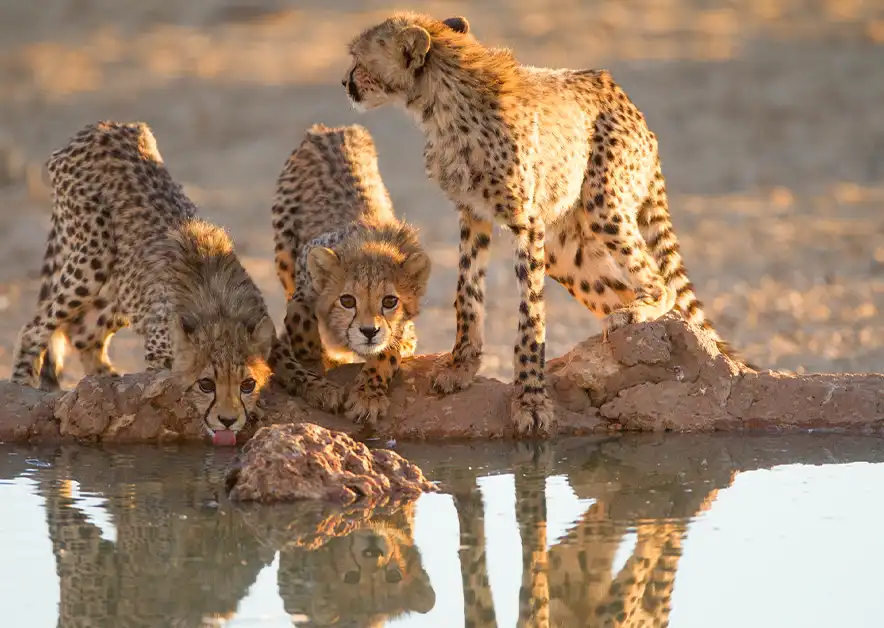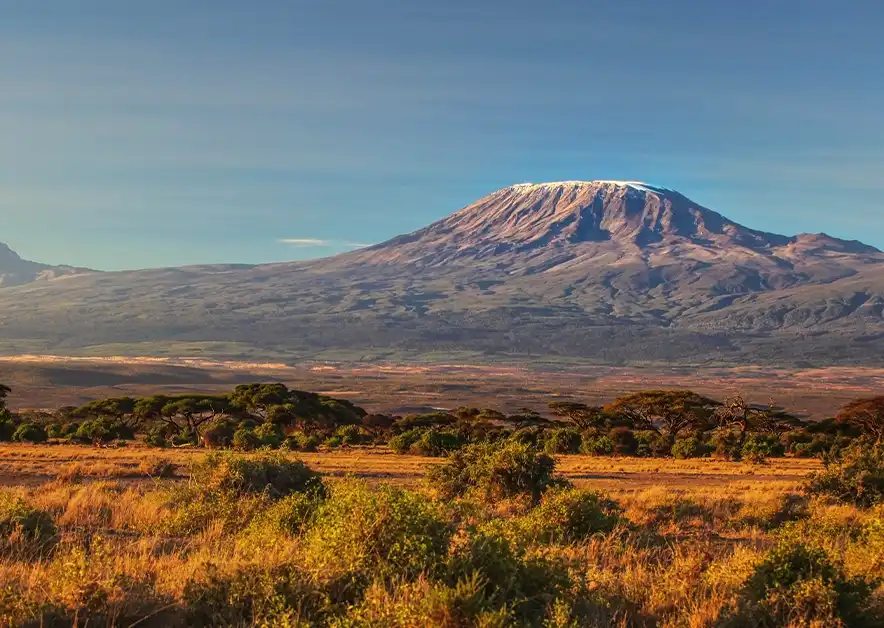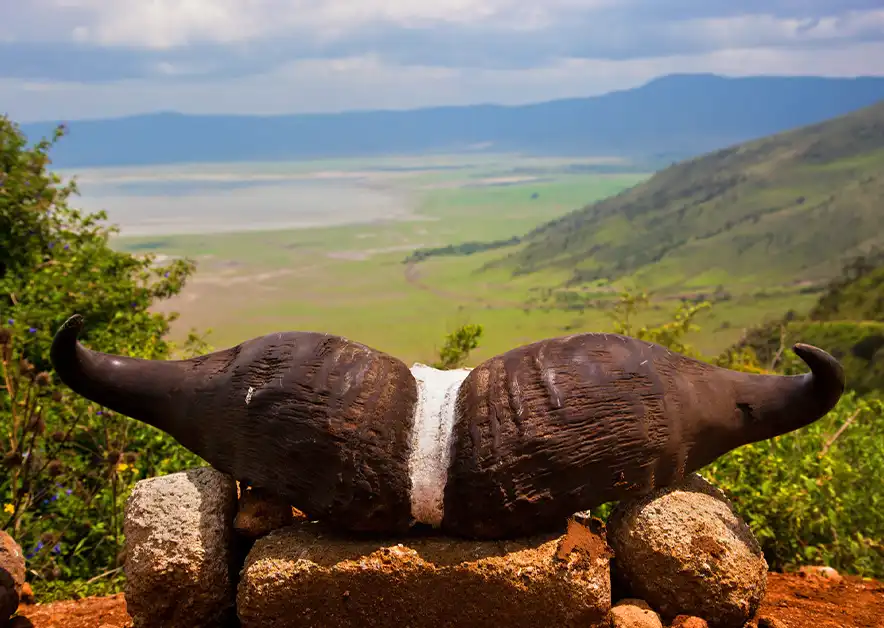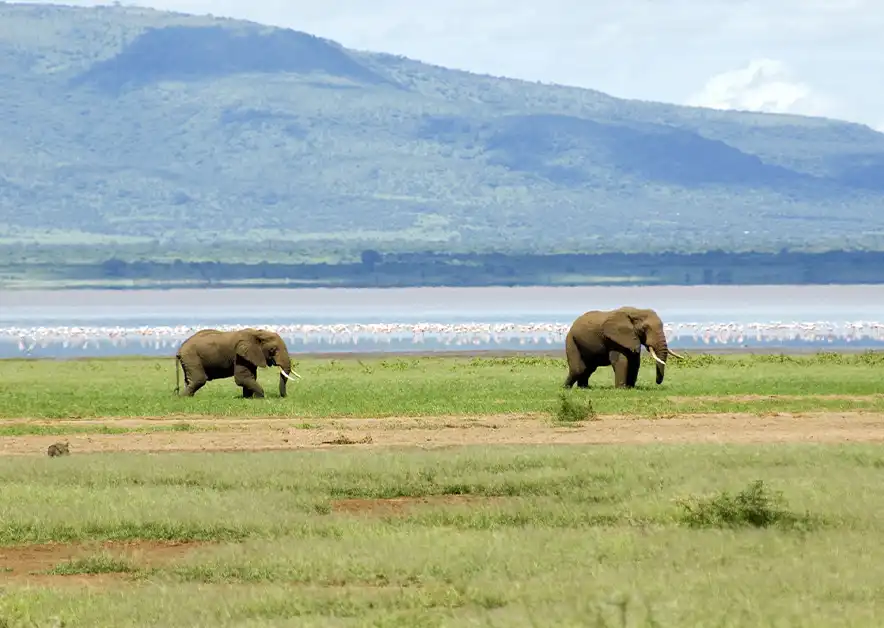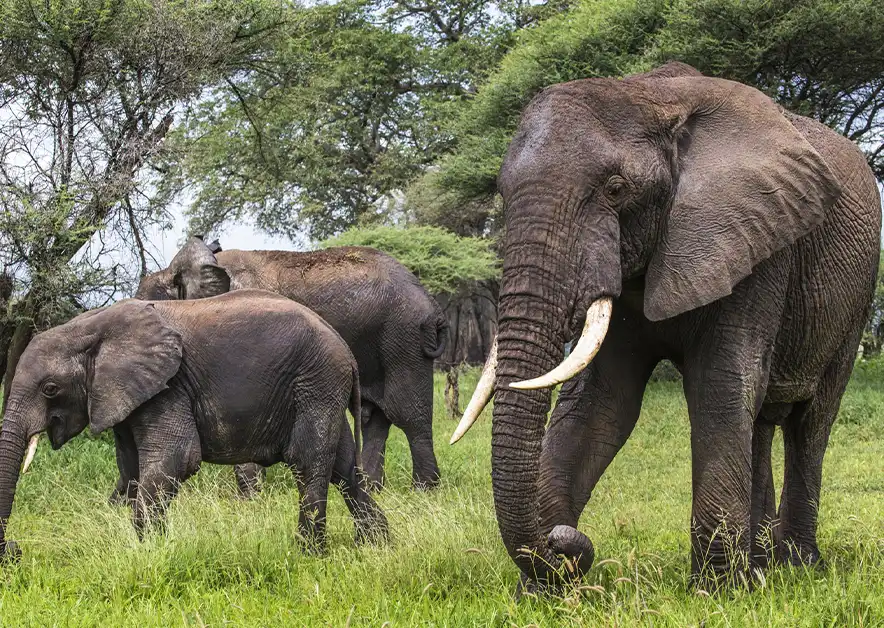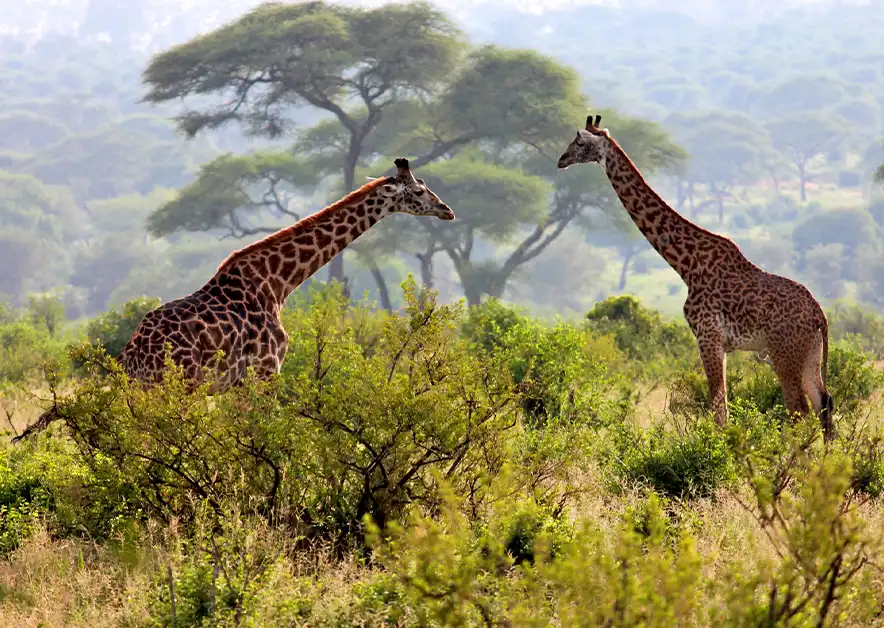Tanzania Travel Safety
Tanzania is a popular travel destination known for its safaris, Mount Kilimanjaro, and beautiful beaches. While it’s generally a safe country for tourists, like any travel destination, it’s important to be aware of certain risks and take appropriate precautions. Below is a comprehensive guide on Tanzania travel safety, covering everything from health and personal safety to wildlife and transportation tips.
General Safety in Tanzania
Tanzania is generally considered safe for tourists, especially those traveling on organized safaris or staying at reputable lodges and hotels. However, there are some safety concerns in cities and remote areas that travelers should be aware of.
| Safety Concern |
Details |
Precautions |
| Petty Theft |
Common in urban areas like Dar es Salaam and Arusha |
Avoid displaying valuables, use hotel safes, and be cautious in crowded places. |
| Scams |
Scams targeting tourists can occur, especially in busy markets or tourist hotspots |
Be cautious of unsolicited offers and always book tours with reputable companies. |
| Wildlife Encounters |
In national parks and reserves, wildlife can be dangerous if approached carelessly |
Always follow your guide’s instructions and stay in designated areas. |
| Political Protests |
Although rare, political demonstrations can occur and sometimes turn violent |
Avoid large gatherings and stay informed about the local situation. |
Health and Safety Precautions
Health risks in Tanzania can be higher than in some other destinations due to tropical diseases and limited access to healthcare in remote areas. Here are the most important health safety precautions to take:
| Health Risk |
Details |
Precautions |
| Malaria |
Common in most parts of Tanzania, especially during the rainy season |
Take anti-malarial medication, use insect repellent, and sleep under mosquito nets. |
| Yellow Fever |
Required vaccination if traveling from a yellow fever-endemic country |
Carry proof of yellow fever vaccination (Yellow Fever Card). |
| Traveler’s Diarrhea |
Can be caused by contaminated food or water |
Drink bottled water, avoid ice, and eat only from reputable restaurants. |
| Sun Exposure |
Tanzania’s sun can be intense, especially during safaris |
Wear sunscreen (SPF 30+), a hat, and sunglasses. Stay hydrated. |
| COVID-19 |
Follow current health guidelines regarding vaccinations and testing |
Bring masks, and hand sanitizers, and stay updated on travel restrictions. |
Wildlife Safety on Safari
Safaris are one of the most popular activities in Tanzania, but they come with certain risks. It’s important to respect wildlife and follow safety rules to avoid dangerous encounters.
| Wildlife Encounter |
Safety Tips |
Reason |
| Lions, Leopards, and Big Cats |
Stay inside the vehicle during game drives, even when animals appear calm |
Wild animals can become aggressive unpredictably. |
| Elephants and Rhinos |
Keep a safe distance, especially from elephants with calves |
These large animals can charge if they feel threatened. |
| Hippos and Crocodiles |
Avoid approaching water sources without a guide |
Hippos are highly territorial and crocodiles are stealthy hunters. |
| Insects and Snakes |
Wear long sleeves and pants in the evening, and shake out shoes in the morning |
Avoid insect bites and possible encounters with venomous snakes. |
Important Wildlife Safety Tips:
- Never Feed the Animals: Feeding wildlife can make animals associate humans with food, increasing the danger for both.
- Stay in Designated Areas: Always follow the paths and stay in areas that are approved for tourists.
- Listen to Your Guide: Safari guides are trained professionals who know how to keep you safe. Always follow their instructions.
Safety in Urban Areas
Cities like Dar es Salaam and Arusha are generally safe, but like any large city, petty crime can be an issue. Here’s how to stay safe while exploring urban areas:
| Safety Concern |
Precautions |
Notes |
| Pickpocketing and Bag Snatching |
Keep bags zipped, wear a money belt, and avoid showing expensive electronics |
Particularly common in busy markets and transport hubs. |
| Taxis and Transport |
Use reputable taxi services or ride-hailing apps like Uber or Bolt |
Avoid using unregistered taxis, especially at night. |
| Walking After Dark |
Avoid walking alone at night, especially in poorly lit or isolated areas |
Use taxis or private transport if you need to travel at night. |
| ATM Safety |
Use ATMs inside banks or hotels, and be aware of your surroundings when withdrawing cash |
Avoid carrying large sums of money in public. |
Tips for Using Public Transportation:
- Dala Dalas: These minibusses are an affordable way to get around but can be crowded and unsafe. Use them with caution and for short distances.
- Private Transfers: For inter-city travel or airport transfers, book through reputable companies.
- Ferries to Zanzibar: Use official ferry services and avoid using local boats or unlicensed operators for safety.
Driving and Road Safety
Driving in Tanzania, especially in remote areas or on safaris, can be challenging due to poor road conditions, unmarked roads, and wildlife crossings. Here are some tips for staying safe on the roads:
| Safety Concern |
Precautions |
Notes |
| Road Conditions |
Roads can be poorly maintained, especially in rural areas |
4×4 vehicles are recommended for safaris and off-road driving. |
| Wildlife Crossings |
Wildlife often crosses roads, particularly near national parks |
Drive slowly and always stay alert for animals on the road. |
| Night Driving |
Avoid driving at night due to poor visibility, wildlife, and potential road hazards |
If possible, plan to reach your destination before dark. |
| Traffic Police |
Traffic police may stop you for routine checks |
Always carry your driving license, insurance, and vehicle documents. |
Self-Drive vs. Guided Safari:
- Self-Drive: While possible, self-driving safaris can be risky due to unpredictable road and wildlife conditions. It’s best suited for experienced drivers.
- Guided Safari: Safer and more informative, as experienced guides are familiar with the terrain and animal behavior.
Emergency Contacts in Tanzania
In case of an emergency during your trip, it’s important to have the right contacts available. Below are key emergency numbers and organizations you should know:
| Service |
Contact Information |
Notes |
| Police |
112 or 999 |
For general emergencies and reporting crime. |
| Ambulance |
115 |
Call for medical emergencies. |
| Tourist Police |
Contact local station |
Available in popular tourist areas for assistance. |
| Tanzania National Parks (TANAPA) |
+255 27 250 3471/2 |
For emergencies in national parks. |
| Embassies and Consulates |
Visit embassy websites for emergency contact numbers |
Keep your embassy’s contact information handy. |
| Medical Evacuation (AMREF Flying Doctors) |
+254 20 699 2000 or amref.org |
Specialized in medical evacuation from remote areas. |
Natural Disasters and Weather Risks
Tanzania has some weather-related risks, especially during the rainy season and in coastal areas. Here are some key points to consider:
| Natural Hazard |
Details |
Precautions |
| Heavy Rainfall |
The rainy season (March to May, and November to December) can cause floods and make roads impassable |
Avoid travel to remote areas during the rainy season. |
| Heat and Sun |
The sun can be intense, especially during the dry season. Heatstroke is a risk on safaris and hikes |
Drink plenty of water, wear sunscreen, and take breaks in the shade. |
| Tropical Storms |
While rare, tropical storms can affect coastal areas like Zanzibar |
Check weather forecasts before traveling to coastal areas. |
| Altitude Sickness |
A concern for those climbing Mount Kilimanjaro |
Acclimatize slowly and seek medical attention if symptoms occur. |
Best Time to Visit Tanzania:
- Dry Season (June to October): Best for safaris and wildlife viewing.
- Wet Season (March to May): Lush landscapes but challenging for travel due to heavy rains.
Tanzania Travel Safety Tips Summary
| Category |
Safety Tips |
| Personal Safety |
Avoid showing valuables, be cautious in crowded places, and use registered taxis. |
| Health and Hygiene |
Drink bottled water, use mosquito repellent, and take necessary vaccinations like yellow fever and malaria prophylaxis. |
| Wildlife Safety |
Stay inside vehicles during safaris, follow your guide’s instructions, and keep a safe distance from animals. |
| Road Safety |
Avoid driving at night, use 4×4 vehicles for safaris, and watch for wildlife crossing roads. |
| Emergency Preparation |
Keep emergency contacts handy, including local police, medical evacuation services, and your embassy’s information. |
Tanzania is generally a safe travel destination, especially for tourists visiting national parks and organized safaris. However, like any destination, it’s essential to take precautions. By being aware of potential health risks, wildlife safety, and urban concerns, you can ensure that your trip is both enjoyable and safe. With the right preparation, Tanzania Safari offers an incredible travel experience filled with breathtaking landscapes and unforgettable wildlife encounters.

